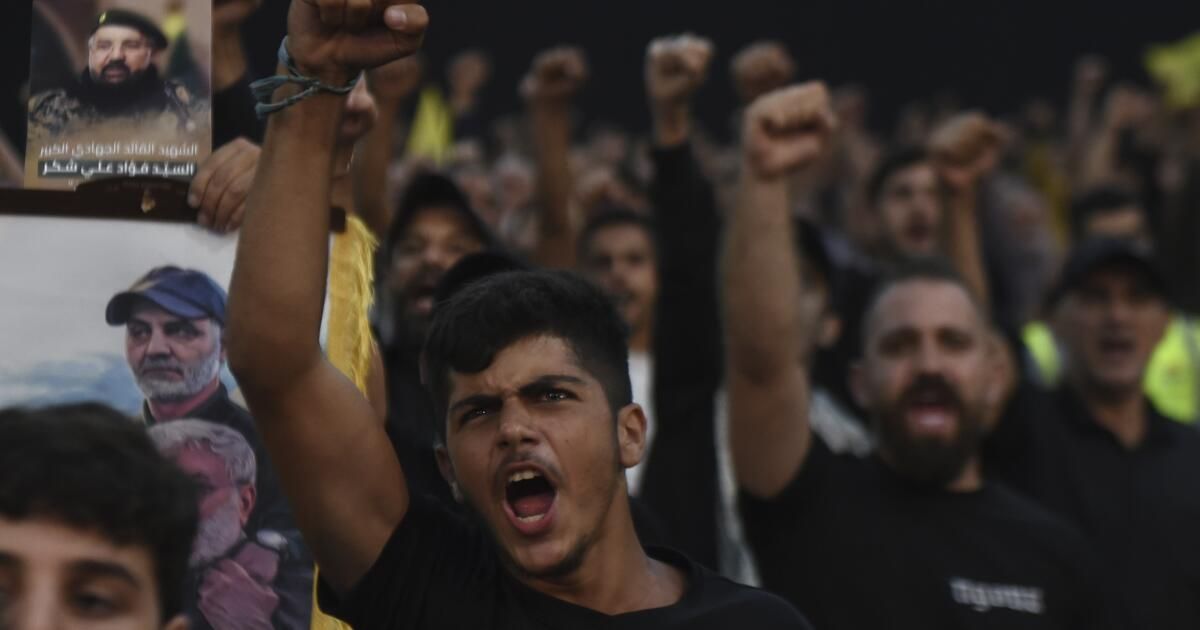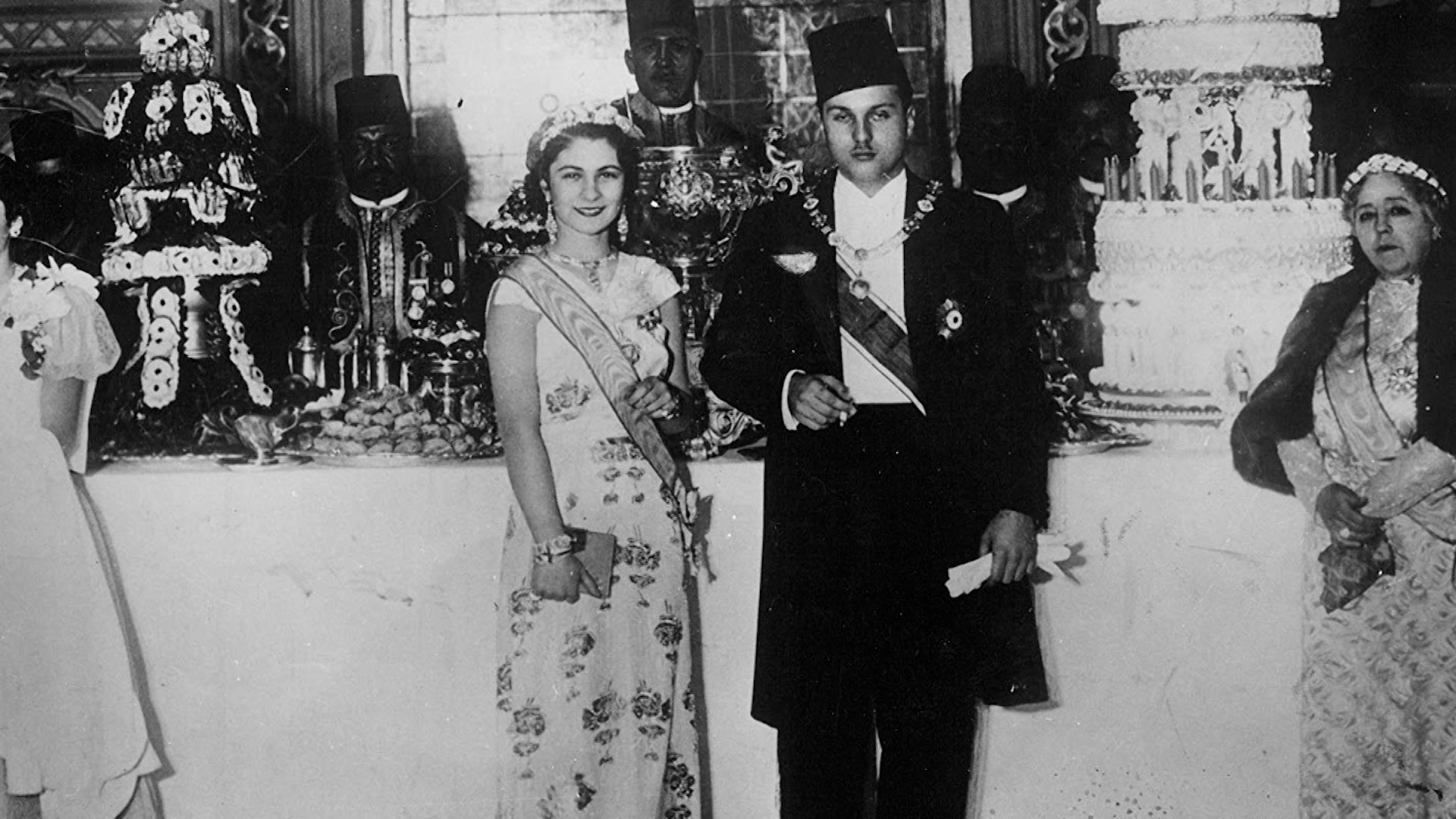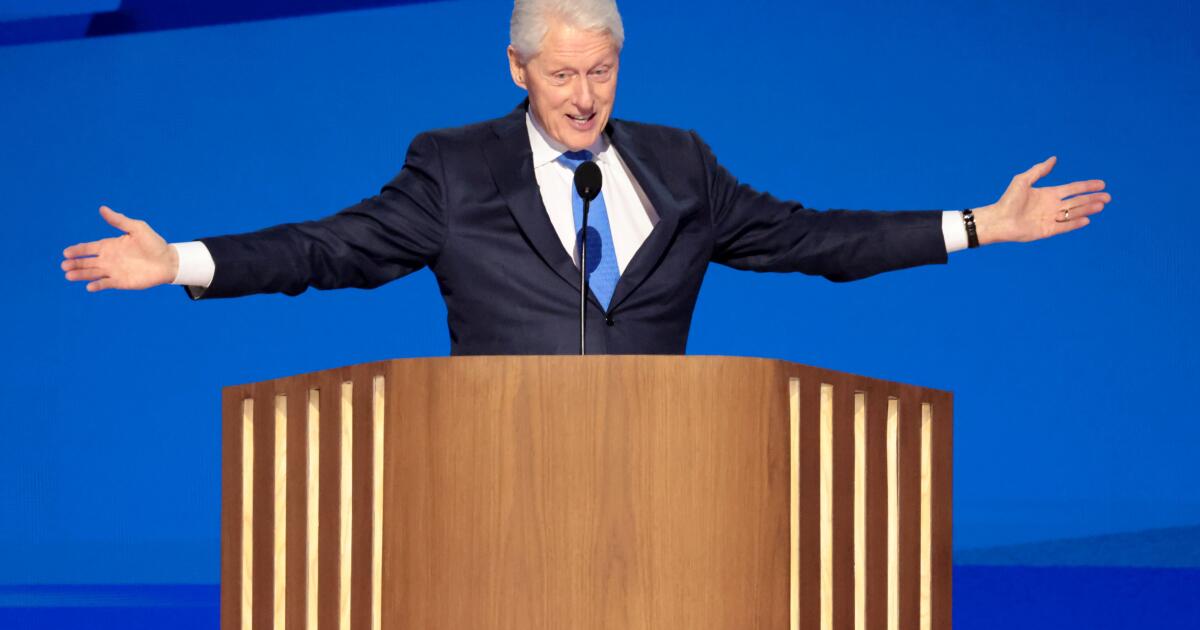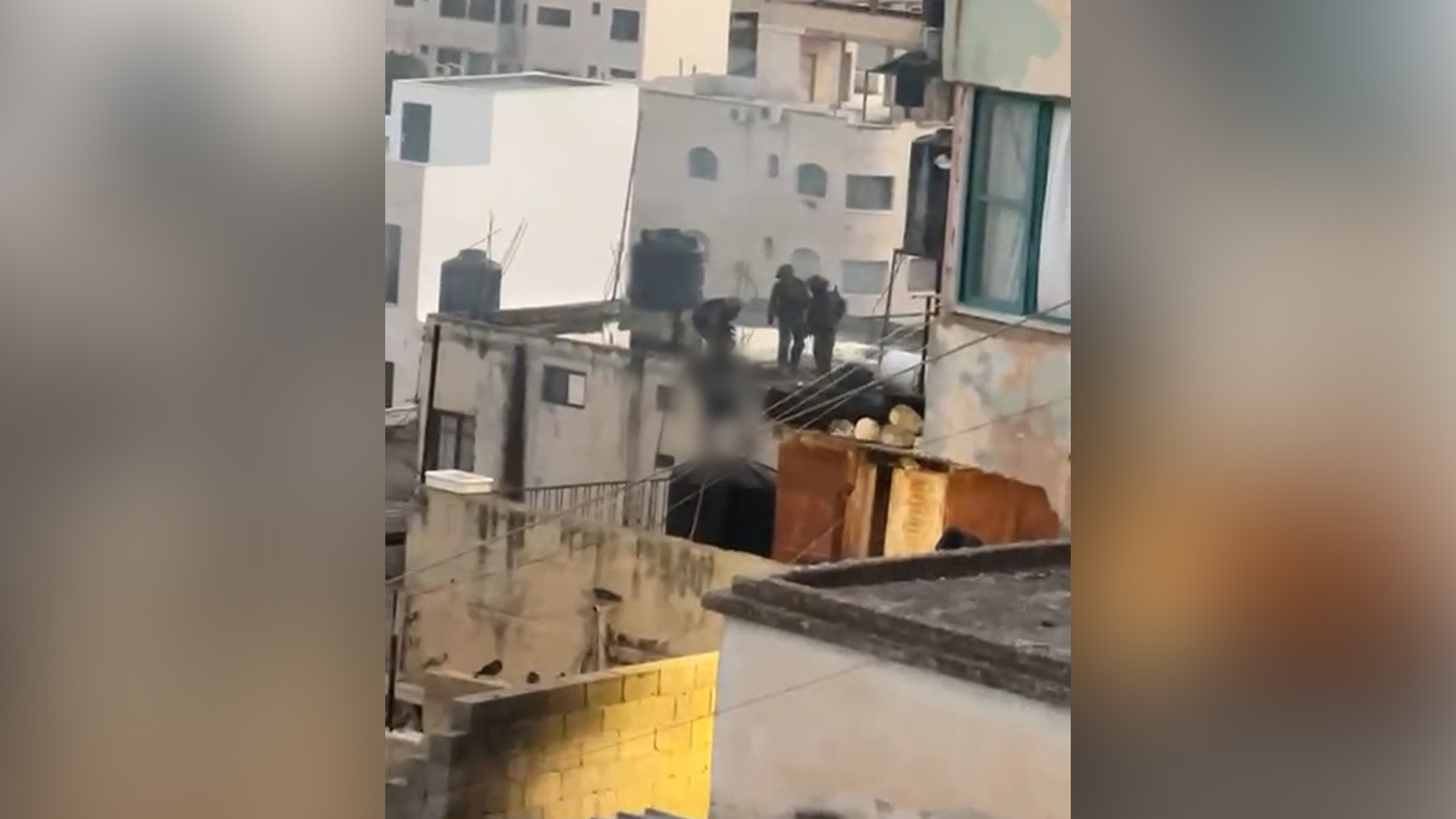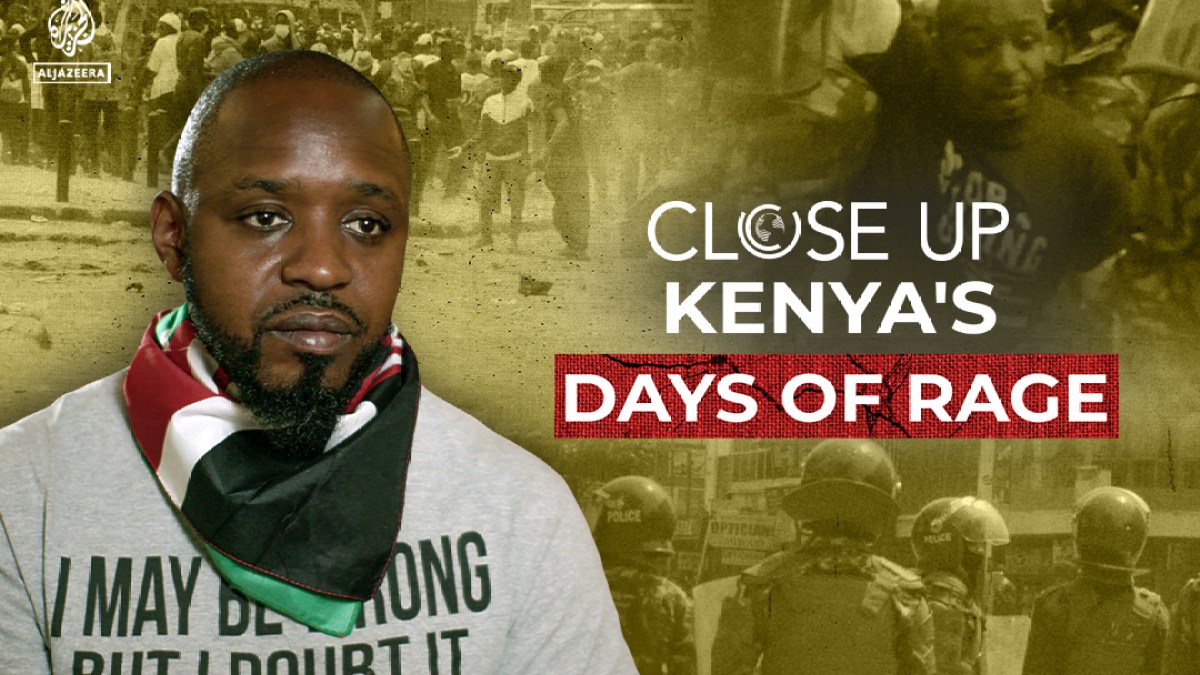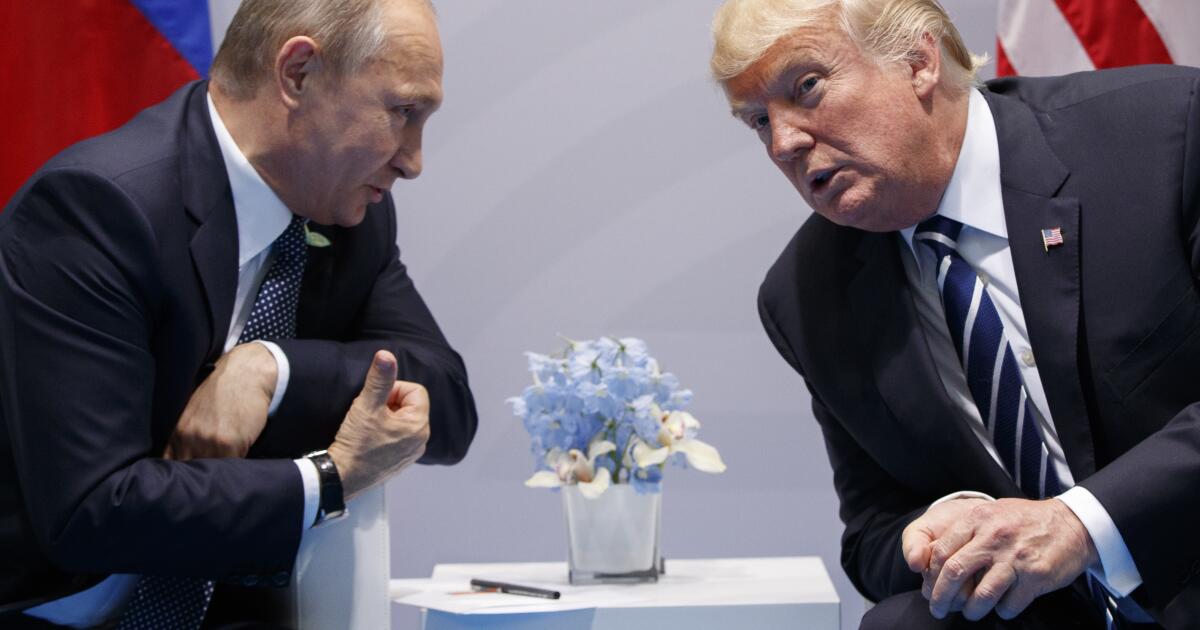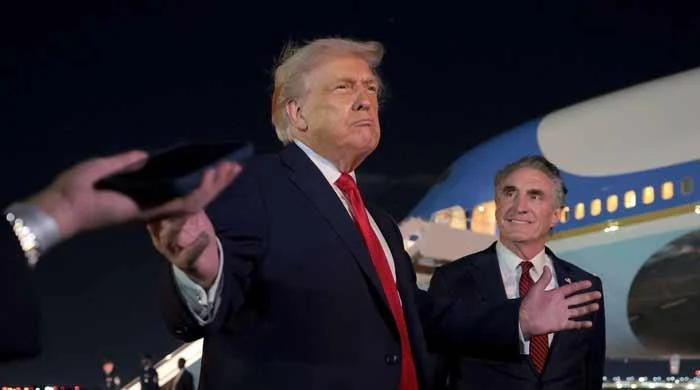When Israel killed Hezbollah's top military commander last month in a rare airstrike in Beirut, it marked the highest-profile loss for the group since 2008 and the most provocative act yet in renewed cross-border clashes that now threaten to spark another full-blown war between Israel and Lebanon.
The killing of Fuad Shukr was part of a decades-long Israeli policy of disrupting the capabilities of its adversaries through targeted assassinations. Hours before the attack on Shukr, Hamas political leader Ismail Haniyeh was killed in a bomb attack in Tehran, an attack that many blamed on Israel.
Israel’s assassination campaign against Hezbollah intensified last fall, after the Iranian-backed Lebanese Shiite paramilitary faction — which is also Lebanon’s most powerful political party — began firing thousands of rockets toward northern Israel. Hezbollah said the offensive was in support of Hamas, which has been waging a 10-month war with Israel following the Gaza-based Palestinian militant group’s Oct. 7 offensive that killed some 1,200 Israelis and captured 200 hostages.
In response to the October 7 attacks, Israel invaded Gaza, killing nearly 40,000 Palestinians, according to Gaza authorities, and triggering a humanitarian crisis.
To the north, however, Israel has resorted to its well-honed strategy of airstrikes and assassinations, killing more than 400 Hezbollah fighters and some two dozen Hezbollah commanders, including two senior division commanders serving under Shukr, as well as senior members of the Radwan Force, Hezbollah's special forces contingent.
Israel says the losses have one by one degraded the ranks of Hezbollah's leadership and diminished its fighting ability at a time when the two enemies could face off in direct conflict. Israeli officials also say the dead had “blood on their hands.”
The United States had put a $5 million bounty on Shukr, believed to be the mastermind behind a 1983 suicide bombing of a Marine barracks in Beirut that killed 241 U.S. servicemen. Israel said Shukr was responsible for a rocket attack last month that killed 12 children in the Israeli-occupied Golan Heights, a claim Hezbollah denied.
“Tonight, we have shown that the blood of our people has a price and that there is no place beyond the reach of our forces for this purpose,” Israeli Defense Minister Yoav Gallant wrote in a post on X, the social media platform formerly known as Twitter, after the attack on Shukr.
However, the impact of the Israeli strategy remains uncertain. In the short term, analysts say, it may yield some results, but a long-term strategic victory is less certain.
This is especially true for Hezbollah, said Hilal Khashan, a political science professor at the American University of Beirut. Losses in its ranks “hurt Hezbollah, but they don’t really change anything in terms of the balance of power between it and Israel,” he said.
The group can fill any gaps left in its estimated 100,000-strong fighting force. It can also rely on its patron, Iran, which provides it with weapons, training and military advisers. And while Hezbollah has increasingly organized itself like a conventional army — an effort spearheaded by Shukr — it maintains the decentralized structure of a militia.
“We know that each unit or cell can operate autonomously; they don’t have to go to central command for instructions,” Khashan said.
Hezbollah chief Hassan Nasrallah praised Shukr as one of the group’s first military leaders and acknowledged that his death “was a great loss for us.” He was so involved in the day-to-day running of the ongoing fight with Israel that Shukr had called Nasrallah to update him less than an hour before he was killed.
Hezbollah fighters stand behind the coffin of their top commander Fouad Shukur, who was killed in an Israeli airstrike on Tuesday, July 30, as Hezbollah leader Sayyed Hassan Nasrallah speaks through a screen during Shukur's funeral in a southern suburb of Beirut, Lebanon, August 1, 2024.
(Hussein Malla/Associated Press)
“There is no doubt that this is an Israeli achievement,” Nasrallah said of Shukr’s killing, vowing that the group would retaliate soon. However, it did not constitute an “absolute victory,” the Hezbollah leader said.
Still, analysts say, Israel's strikes have dealt an immediate blow to Hezbollah.
“Eliminating an entire group of senior commanders from any army – as Israel has done systematically over the past 10 months against Hezbollah – [is] “This will almost certainly have operational consequences, if the dogs of regional war are unleashed in the near term,” said John Hannah, a senior fellow at the Jewish Institute for National Security in the United States, a pro-Israel think tank in Washington DC.
The fact that Israel appears to have penetrated communications among Hezbollah's top brass also serves to inject paranoia and caution within the group, Hannah added.
Israel has effectively used rising tensions with Hezbollah as an opportunity to eliminate its leaders, said Michael Knights, a researcher on Iranian groups at the Washington Institute for Near East Policy, a pro-Israel group based in Washington DC.
“If you want to seriously reduce the performance of a terrorist movement, there is nothing better than killing its leaders,” he said. “It doesn’t necessarily have an immediate effect, but it has to be done anyway.”
The escalation of killings also serves to boost the morale of an Israeli public still angry and traumatized by the Oct. 7 attack, which killed more Jews in a single day than at any time since the Holocaust.
“If you try to appease a domestic constituency, it can be very effective,” said retired Israeli Brigadier General Jonathan Shimshoni. “It shows that you are doing something, and because you have demonized the enemy, you are cutting off the head of the snake.”
At the same time, some analysts dismissed any long-term benefits of the killings, saying they often backfire by rejuvenating militant groups or giving rise to new, more radical leaders.
“This can refresh the organization, preventing it from aging and injecting new blood,” said Mohanad Hage Ali, deputy director of research at the Malcolm H. Kerr Carnegie Middle East Center in Beirut.
More broadly, there is little evidence that assassinations serve as a deterrent, said Jennifer Carson, who has studied the impact of high-profile targeted killings on groups like al-Qaeda.
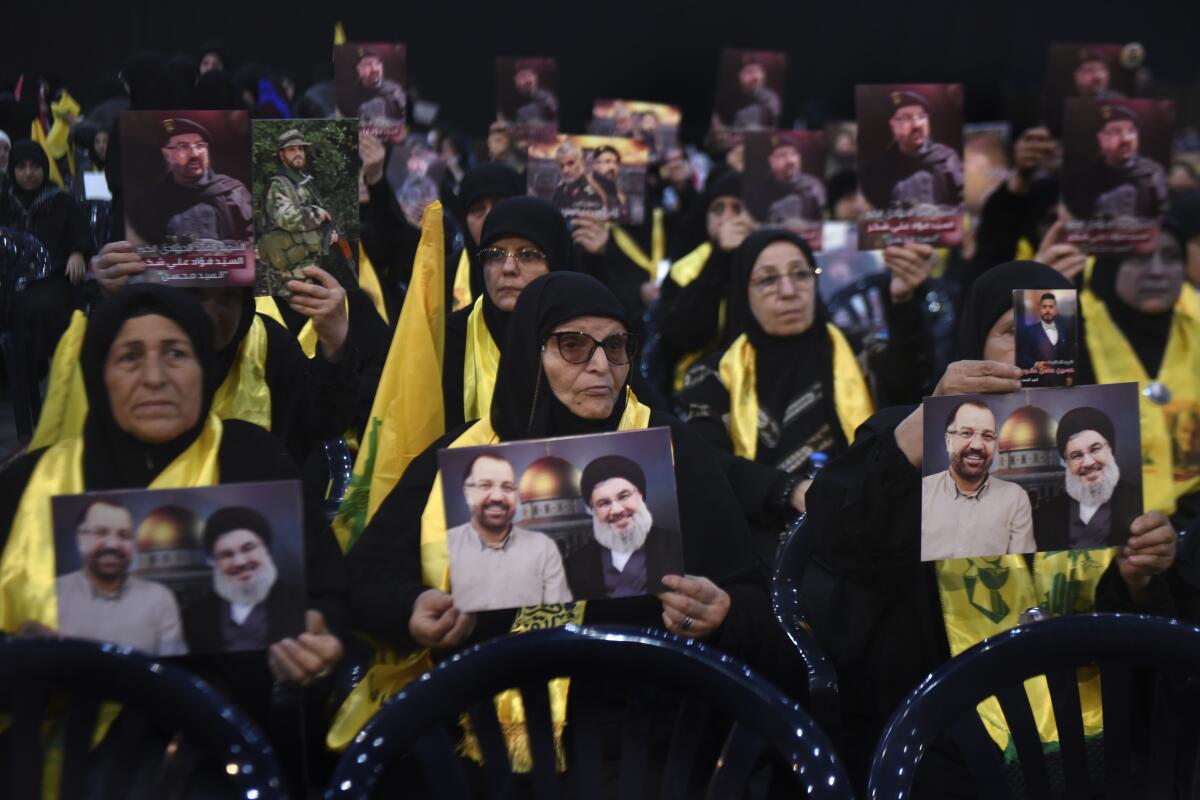
Hezbollah supporters hold portraits showing Hezbollah leader Sayyid Hassan Nasrallah and one of his commanders Fouad Shukur, who was killed in an Israeli airstrike last week, during a ceremony to mark their death in Beirut, Lebanon, Tuesday, Aug. 6, 2024.
(Mustafa Jamalddine/Associated Press)
According to her research, reducing the number of what she calls “motivated offenders” within an organization does not lead to a decrease in terrorist attacks.
“And if you kill a leader, particularly a beloved one, that can mobilize a base, generating an increase in violence that virtually eliminates any benefit,” he said.
These killings may also lead to more extreme replacements.
Following the death of Haniyeh — who was leading ceasefire talks in Gaza and was considered a relative moderate — Hamas last week elected Yahya Sinwar, its leader in Gaza and one of the planners of the Oct. 7 attack, as the new head of its politburo.
“When you talk about replacement,” Carson said, “for every leader that dies, there’s someone more radical that replaces him.”
Shimshoni, the retired Israeli general, added that with an adversary like Hezbollah, which is ideologically and religiously motivated, decapitation strikes will have little strategic significance.
“In the Israeli case, the history of assassinations in this regard is not basically a success story,” he said. “Either the desired effect is not achieved or counterproductive and unintended consequences are achieved.”

